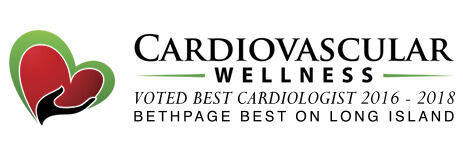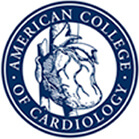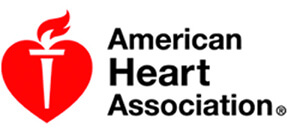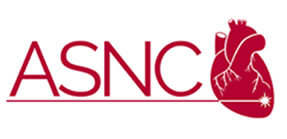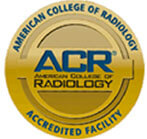4 Common Misconceptions About Cholesterol
- Posted on: Aug 3 2022
Managing your cholesterol levels is essential for cardiovascular health. If you have high cholesterol for a long period of time, it can lead to atherosclerosis or coronary artery disease. This increases your risk of serious medical issues like heart attack and stroke.
High cholesterol is a common medical concern. Almost 94 million adults in the United States have a total cholesterol level of more than 200 mg/dL, even though the optimal level is less than 100 mg/dL.
While many people have high cholesterol, few understand what has caused the issue and how they can resolve it. Read on to learn four misconceptions patients often have about high cholesterol.
1. All Cholesterol Is Bad Cholesterol
Perhaps the biggest misconception about cholesterol is that all types of cholesterol are bad and that all of your cholesterol levels should be low. The reality is that there are several different types of cholesterol, one of which is actually good for your overall health.
High-density lipoprotein or HDL cholesterol is a type of cholesterol that actually absorbs other types of cholesterol and removes them from the bloodstream. Low-density lipoprotein (LDL) cholesterol is a type of bad cholesterol that can lead to plaque buildup in your arteries.
If you have high HDL cholesterol, it can effectively counteract this LDL and remove it from your body. One way to increase your HDL is by getting regular exercise, such as walking, swimming, or cycling.
2. You Can’t Eat Any Fats When You Have High Cholesterol
Another mistake that people make when managing their cholesterol is eliminating all fats from their diet. A common misconception is that eating any type of fat will increase your cholesterol levels. The truth is that there are types of fats that are actually beneficial to your health and can even help lower total cholesterol levels.
Monounsaturated and polyunsaturated fats are specific types of fats that can lower cholesterol levels and decrease your risk of heart attack or stroke. These fats are found in avocados, olive oil, salmon, tuna, and tofu. The fats that you need to avoid are saturated fats, which are found in foods like bacon, butter, eggs, and cheese.
3. High Cholesterol Only Affects Older People
While many people who struggle with high cholesterol levels are in their 40s and older, it is not uncommon for younger people to have high cholesterol.
In fact, teenagers who don’t exercise and eat a diet high in fats can develop high cholesterol. This is why following a healthy diet and getting your cholesterol levels checked should start at a relatively younger age.
4. You Only Get High Cholesterol If You Are Overweight
High cholesterol levels are directly linked to poor eating and inadequate exercise, leading many people to believe that only overweight individuals have issues with their cholesterol. For this reason, people who are not overweight can go years without realizing their cholesterol needs management.
The reality is that you can have high cholesterol levels even at your optimal weight. If your diet is high in saturated fat and you’re not getting proper exercise, your cholesterol levels are likely high, even if your weight is within a normal range. It is also possible for high cholesterol to be genetic, meaning it can affect you at any weight.
Get Help Managing Your Cholesterol at Cardiovascular Wellness
Are you struggling to lower your high cholesterol? The providers at Cardiovascular Wellness can help you manage your cholesterol levels and improve your overall cardiac health.
We have offices in Hicksville and Lake Success, NY, to serve patients throughout the Nassau area. Contact us online or by phone to make an appointment with one of our providers today.
Posted in: Heart Health
